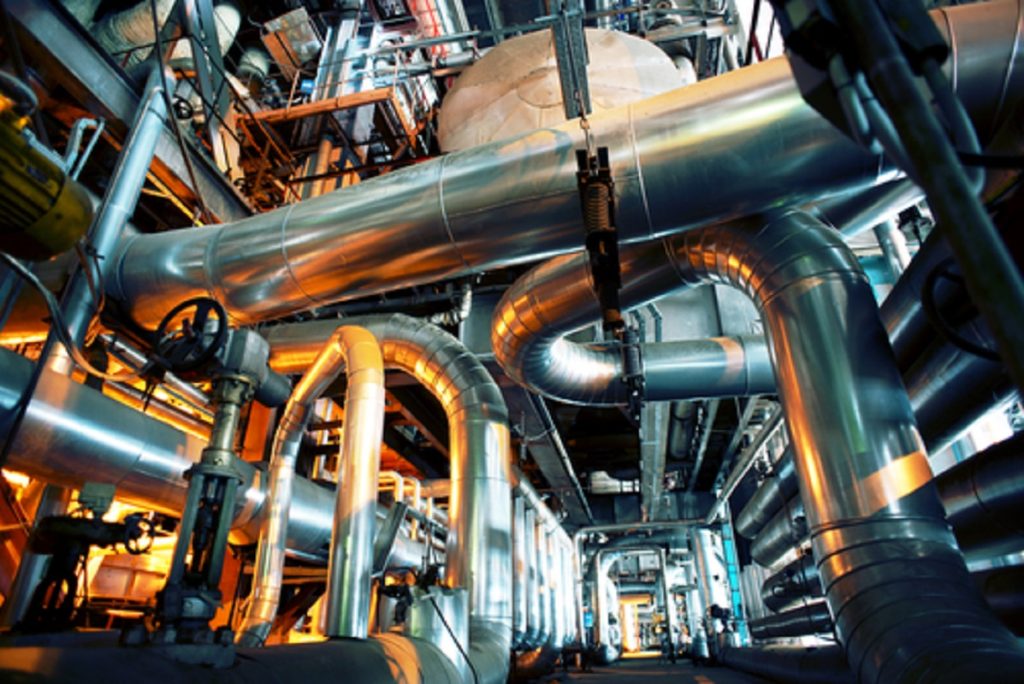- Thorough industry research, understanding market demands, and identifying gaps are key to starting an industrial business.
- Employing the latest technology, ensuring sustainability, and complying with industry regulations are critical business considerations.
- A reliable electrical system, adequate capital, high-quality equipment, and skilled employees form the backbone of an industrial business.
- An emergency fund provides financial stability, ensuring your business can handle unexpected challenges and crises.
Starting an industrial business can be an exciting venture, considering the endless possibilities of growth and revenue. However, the process is not as easy as it seems. There are several factors to consider before diving into the industrial sector, especially in the present world, where technology and innovation are evolving at a breakneck pace. This article will explore the factors you need to consider before starting an industrial business in the modern world.
Research
The first and foremost step to consider when starting an industrial business is research. You need to understand the industry and how it operates, the competition, the market demand, the supply chain, and customer needs. Conduct thorough market research to identify gaps in the industry and how you can fill them. Here are other factors to take into account:
Technology and Innovation
In today’s world, technology plays a crucial role in every aspect of people’s lives, including businesses. As an industrial business owner, you need to stay updated with the latest technological advancements and how they can benefit your business. From automation to artificial intelligence, technology can streamline processes, reduce costs, and increase efficiency in your industrial operations.
Sustainability
Sustainability has become a major concern for businesses worldwide, and the industrial sector is no exception. Before starting your business, consider how you can make it sustainable in terms of energy consumption, waste management, and environmental impact. Incorporating sustainable practices into your industrial operations not only benefits the environment but can also attract more customers who are becoming increasingly conscious about their purchasing decisions.
Regulations and Compliance

The industrial sector is heavily regulated, and as a business owner, you need to be aware of all the regulations and compliance requirements. This includes health and safety protocols, environmental regulations, labor laws, and more. Failing to comply with these regulations can result in hefty fines or even legal action against your business, so it’s crucial to ensure that your operations are in line with all the necessary regulations.
Electrical Systems

An efficient, well-maintained electrical system is fundamental to the smooth running of an industrial business. Power outages or electrical faults can cause significant disruption, impacting your operations and, consequently, your bottom line.
This is where the role of a trusted industrial electrical technician becomes invaluable. They ensure that your systems are designed, installed, and maintained following the highest standards and regulations.
Furthermore, they can provide valuable advice on energy-efficient solutions, helping you save on operational costs in the long run.
Capital
Starting any business requires a considerable amount of capital, and beginning an industrial enterprise is no different. The amount of money required varies depending on the type of industrial business you plan to start, the location, and the equipment needed. Therefore, it’s essential to ascertain the necessary funds, whether through personal savings, investors, or loans. Also, for long-term success, prioritize investing in the following:
Equipment and Facilities
Industrial businesses heavily rely on equipment and facilities for their operations. The type of machinery you need will depend on the specific tasks your company will undertake. Whether it’s heavy machinery, vehicles, or specialized tools, investing in high-quality equipment is non-negotiable. Similarly, you should also consider the facilities that will house your operations. A well-located, adequately equipped, and safe industrial facility is vital for smooth operations, employee productivity, and overall business success.
Employees
In the industrial sector, your workforce is one of your most valuable assets. The expertise, dedication, and efficiency of your employees can significantly impact your business’s success. Therefore, before starting an industrial company, consider the types and number of employees you will need, their skills, and how you plan to attract and retain them.
Emergency Fund
An emergency fund is a financial safety net that can cover unexpected expenses or financial crises that may occur in your industrial business. This could include unexpected equipment repairs, the sudden loss of a major client, or a global economic downturn. It is crucial to have an emergency fund in place before starting your business, as this can provide financial stability and peace of mind, allowing you to focus on running your business effectively.
Starting an industrial business in the modern world is no small feat. It requires proper planning, research, and investment to ensure that your business can thrive amidst competition and regulatory requirements. With the factors discussed in this blog post, you can be better equipped to start and sustain a thriving industrial business. Remember: taking the time to prepare adequately is the foundation of lasting and profitable success in the industrial sector.

